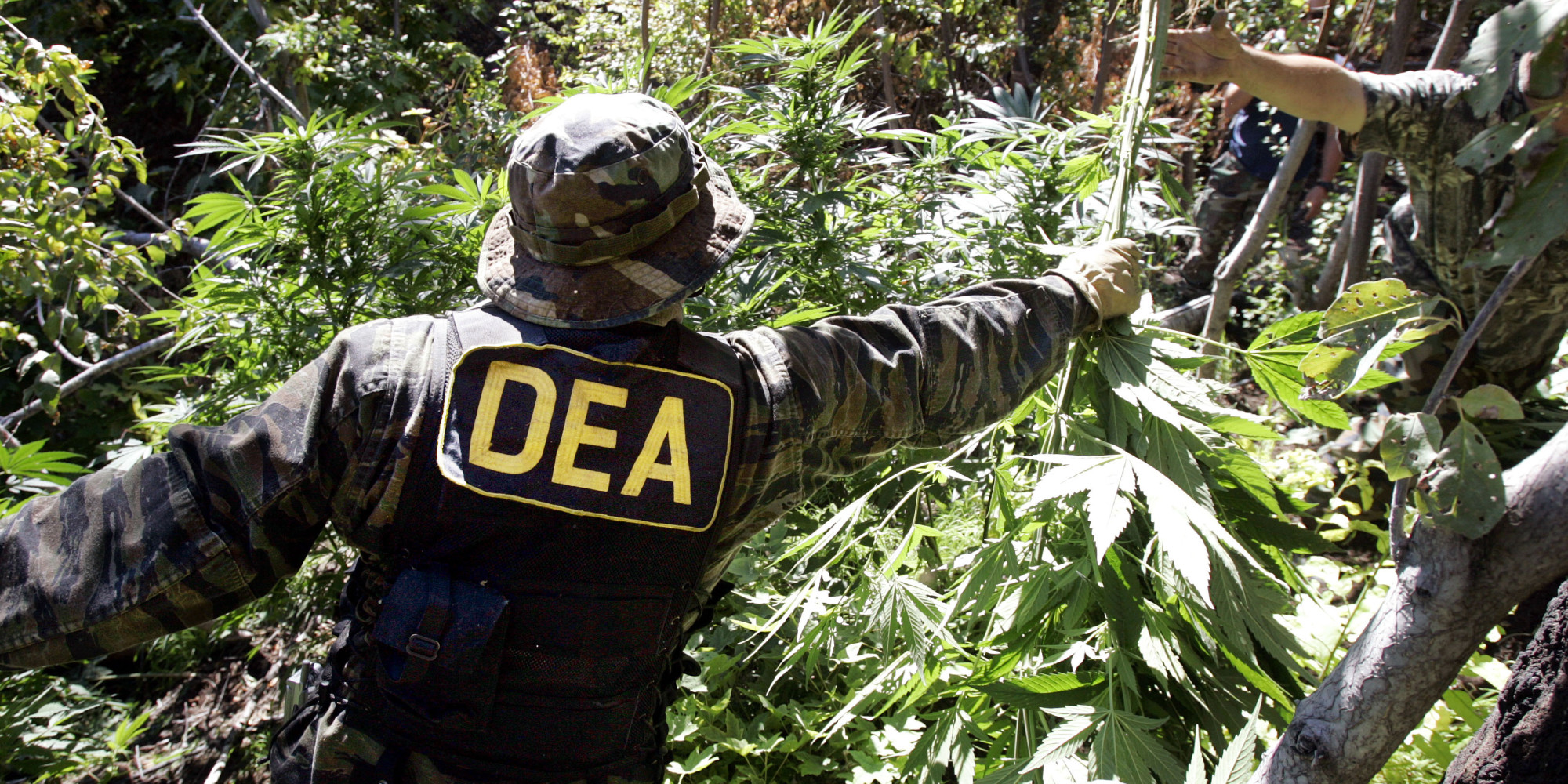Haven't we determined that legal weed isn't going to bring about the apocalypse?
Living in Colorado where marijuana is legal, it’s hard to observe the federal governments’ plans to eliminate the vial weed from the population. Hasn’t Colorado proven that when legal, marijuana doesn’t actually change the social fabric of the community? The world doesn’t end. The children don’t go emo. And life moves forward as usual, with the minor aberration that Method Man, Redman and Cypress Hill now host shows every other Saturday.
Even with the conclusive evidence that hell isn’t freezing over, the federal government, and a handful of constituent anti-drug states feel the need to relentlessly patrol for and eradicate the Schedule 1 drug. One such method is through the DEA’s controversial Cannabis Eradication Program.
Still alive and kicking like our racist grandma, the program eradicated 4.1 million marijuana plants in 2015 at the local, state and federal level. Impressive until you realize it cost the taxpayers $18 million. Yes, that’s million. And yes, that’s to destroy marijuana plants.
Sadly, this number of plants and the size of the budget spent on eradicating said plants falls in line with the numbers of prior years.

The DEA did note, however, that at least two states declined to accept federal eradication funds last year: Alaska and Colorado, where marijuana is now legal. Those states conducted their own enforcement efforts against illegal marijuana grows.
The irony in this situation is that we’re spending money on eradicating the supply of marijuana and not actually going after the demand for marijuana. Any economist or freshman college student in business 101 will tell you that where there’s demand, there will be supply.
Furthermore, burning the plants of suppliers doesn’t do much in terms of curbing their dependence to grow the illegal crop. Until corn fetches the same price as cannabis, these farmers aren’t going to be deterred. And burning the crop is actually financially counterintuitive. Killing the supply increases the street value thus increasing the margins for the dealers. In essence, the DEA is making the market a profitable venture.
But what do we know, we’re high.


Leave a Reply
You must be logged in to post a comment.